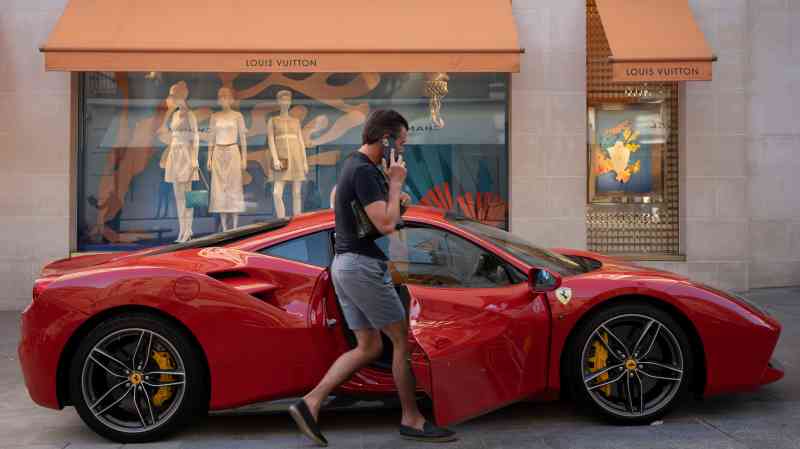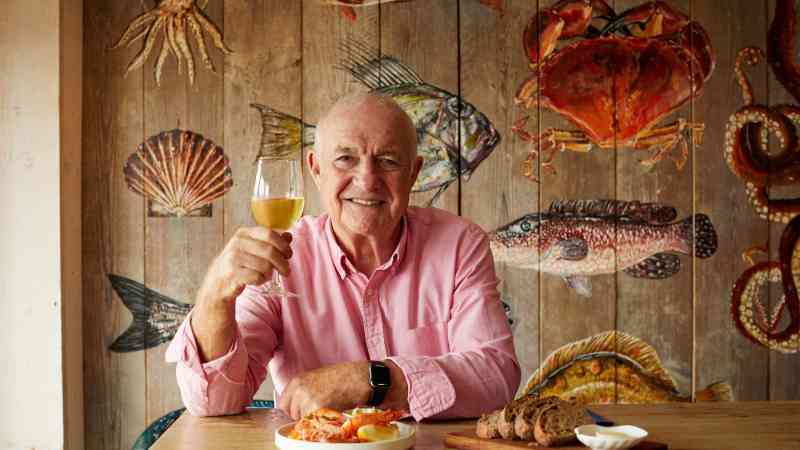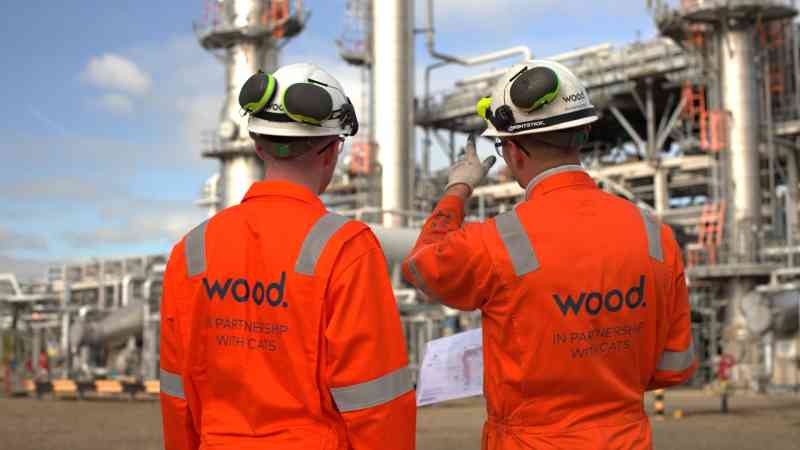Property investors pile into Bond Street
The slowdown in the luxury goods industry has not stopped investors wanting a foothold on Britain’s most expensive shopping street.
Transaction volumes for properties on Bond Street in the West End of London reached £436 million in the second quarter, according to Savills, a 66 per cent increase on the previous quarter and more than four times the figure of a year earlier. Investment volumes on Bond Street accounted for 91 per cent of all central London activity in the quarter, the property agency said.
Alan Spencer, head of UK retail at Savills, said the increase in retail investment over the period was “a testament to the sector’s ability to adapt and thrive. As we continue to see significant interest from investors, it’s evident that prime retail spaces remain a cornerstone of London’s commercial landscape.”
Given the momentum in activity, Savills expects transaction volumes for the year to surpass the £1.2 billion achieved in 2023.
A significant portion of the incoming investment came from Blackstone’s £230 million purchase of a 31,000 sq ft unit at 130-134 New Bond Street, which marked a significant return of American private equity to London’s property retail sector. However, private equity has not been alone in looking to snap up space on the street.
Sir James Dyson’s Weybourne family investment firm acquired 126-127 New Bond Street from a private Hong Kong investor for £71 million. In addition, Richemont, the Swiss luxury goods group that owns Cartier, the watch brand, and Chloé, the fashion label, is expanding its property portfolio with the £82 million purchase of Boodles’ main store at 178 New Bond Street.
Away from Bond Street, in April Maya Capital, a European investment company, completed a £20 million acquisition of 137-167 Fulham Road, west London, a 24,228 sq ft retail and showroom space.




Post Comment